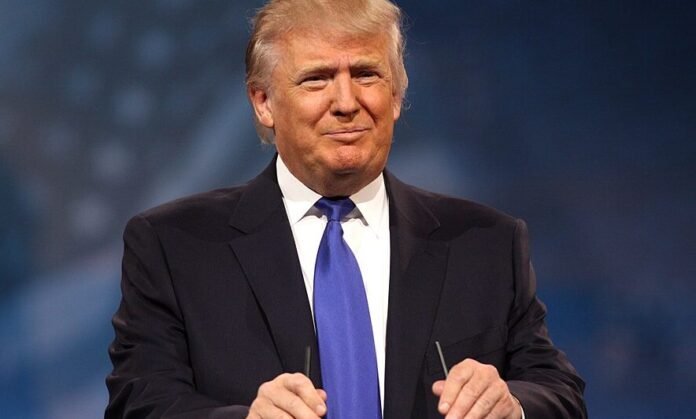Harvard’s refusal to comply with Trump’s demands results in drastic funding cuts and potential legal battle
Harvard University has become the first U.S. institution to openly defy the Trump administration, triggering major tension over pro-Palestinian protests. In response, the government announced $2.3 billion in funding cuts, marking a significant escalation in the Harvard-Trump standoff. The move follows months of conflict over Harvard’s refusal to accept federal control demanded by Trump.
The conflict ignited last month when the Trump administration revealed it was reviewing $9 billion in contracts and grants tied to Harvard University, as part of a larger crackdown on what it claims is widespread anti-Semitism on U.S. campuses. This wave of pressure is linked to protests that have taken place over the past 18 months in response to the Gaza conflict, with critics accusing university administrations of failing to take a firm stance against alleged anti-Semitic actions by students.
In response to these demands, Harvard President Alan Garber issued a public letter rejecting the administration’s overreach. He called the government’s attempts to alter Harvard’s governance, policies on diversity, equity, and inclusion (DEI), and its stance on hiring and admissions “unprecedented” and “beyond the power of the federal government.” Garber further stressed that no government, regardless of its political affiliation, should have the authority to dictate what private universities can teach, whom they can admit, or which research they can pursue.
In addition to stripping $2.3 billion in funding from Harvard, the Trump administration’s actions also signal a broader move to cut off funds to other universities that have been accused of tolerating anti-Semitic behaviour. Just last month, Columbia University was hit with a $400 million funding cut, and the Trump administration has initiated deportation proceedings against foreign students involved in pro-Palestinian demonstrations.
Despite the severe consequences, Garber’s letter has garnered support from many in the academic community. Experts suggest that Harvard’s willingness to defy the administration sets a dangerous precedent, and some speculate that the university may be prepared to fight the issue in court. In an era where political pressure on academic institutions is rising, Harvard’s bold stand against federal interference is being seen as a potential turning point.
While the issue of anti-Semitism remains at the heart of the debate, Garber’s defence of Harvard’s autonomy goes beyond this, framing it as a matter of principle. “No government should control what we teach, whom we admit, and which areas of study we explore,” Garber’s letter asserted, positioning the university’s stance as one of resistance to overbearing government power.
The Trump administration, however, is not backing down. A spokesperson for the U.S. Department of Education expressed concern over Harvard’s refusal to adhere to federal expectations, accusing the institution of fostering an environment where civil rights laws are disregarded.
Meanwhile, protests at universities continue, with students across the country rallying in support of Palestinian rights. These actions have placed U.S. universities under increasing scrutiny, as they navigate the complex intersection of free speech, foreign policy, and institutional governance.
Amid mounting political pressure, it remains uncertain how Harvard and other universities will respond to the ongoing conflict. As the Trump administration intensifies its crackdown on institutions it deems lenient on anti-Semitism, the clash over academic freedom deepens. The Harvard Trump funding cuts controversy has now become a key flashpoint in the broader struggle over federal influence in higher education.
